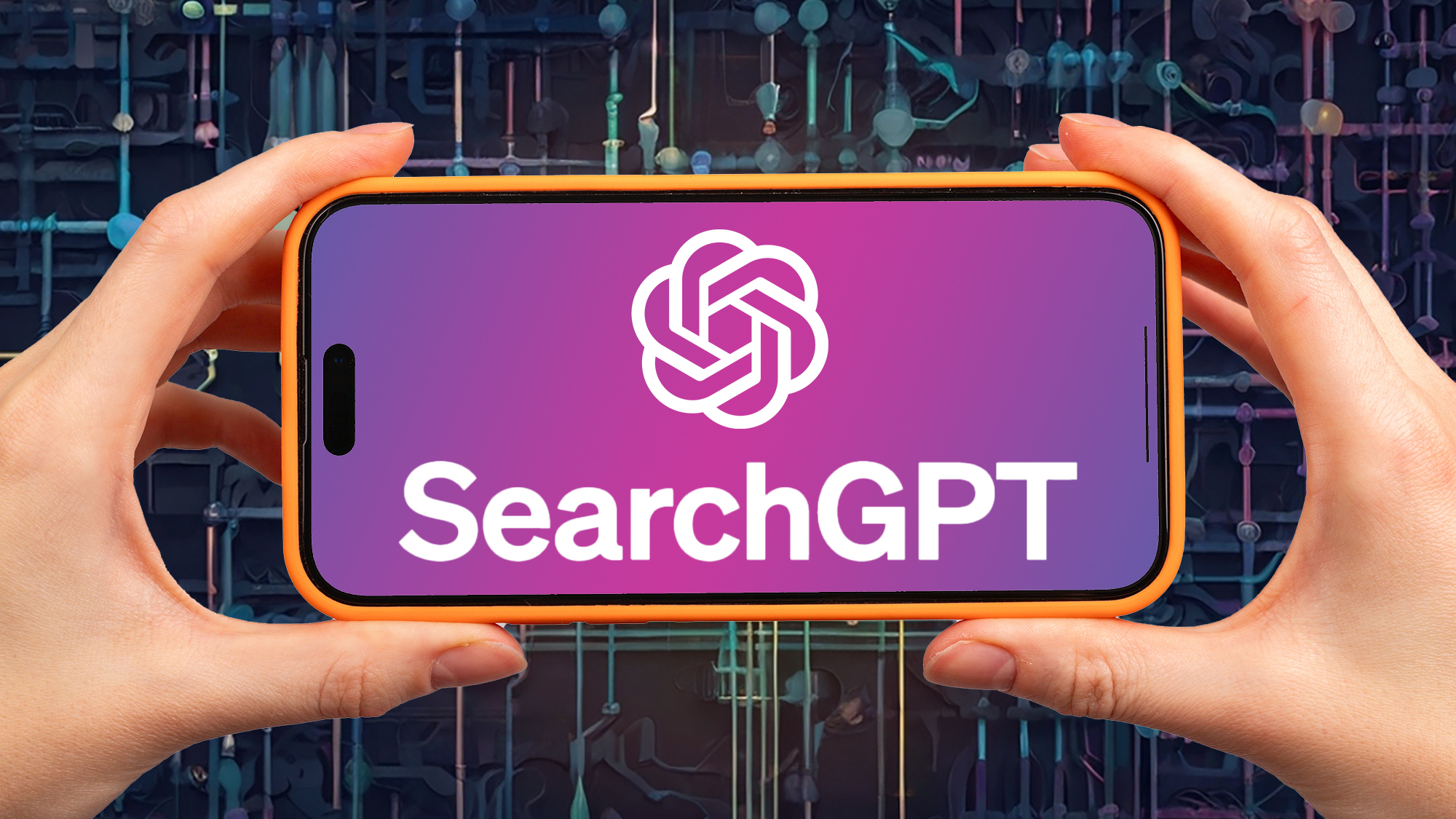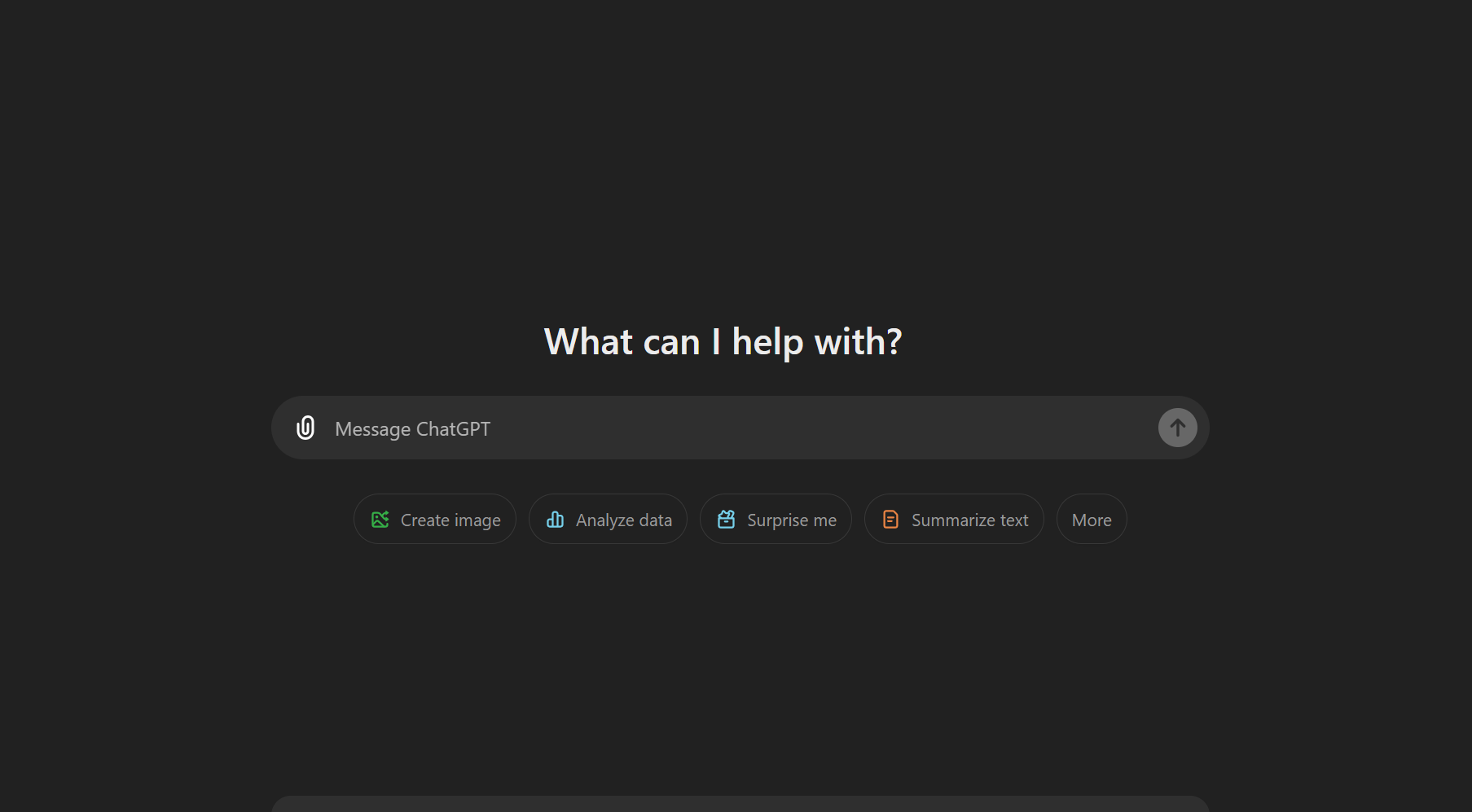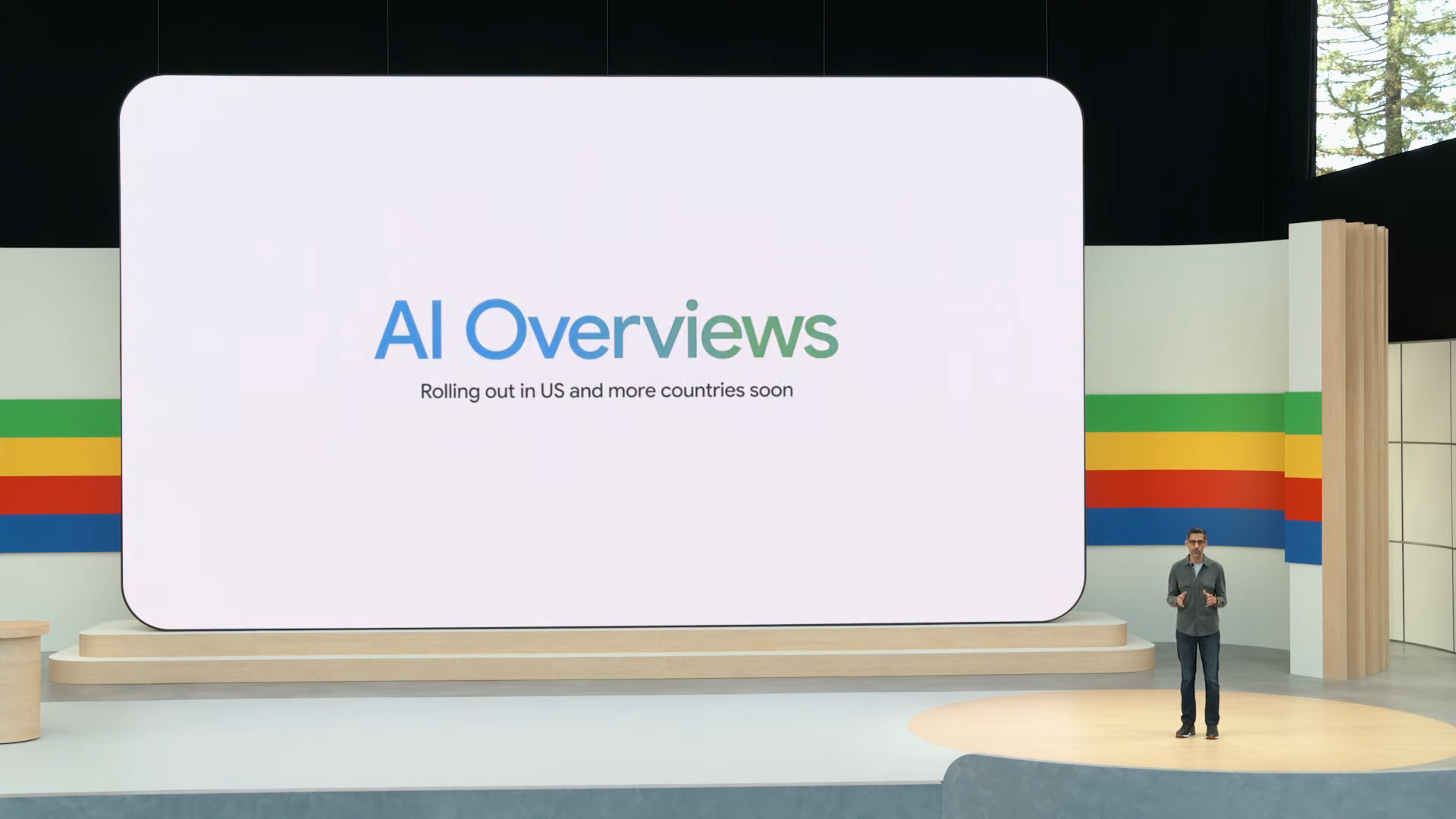
OpenAI is bringing its artificial intelligence search engine, SearchGPT into ChatGPT later this year, according to Varun Shetty, head of media partnerships for the company. This will give users live data and links to external websites within the platform.
SearchGPT was released in July as a temporary prototype, allowing OpenAI to test how to integrate more current search results into its flagship product. This would also allow it to compete directly with Google and search AI leader Perplexity. At the time only a handful of ChatGPT Plus users were given access but it now looks like everyone will get it.
The update was confirmed at a media publisher event in Brussels, reported on by the Press Gazette. Shetty also revealed that the interface would include links back to publisher websites and accurate sourcing in addition to the natural language responses.
This news coincides with OpenAI giving ChatGPT itself a new look, transforming the previous 'chat' focused view into more of a Google-like search interface. This is currently only available for users in the U.S..
SearchGPT and a new look for ChatGPT

As more people turn to ChatGPT for answers, it’s no surprise that OpenAI has given it a new look and enhanced features that position it as a direct Google competitor.
The updated interface is more visually appealing with its minimal interface that takes it from 'chat' to a more traditional 'search' look. The change comes off the launch of new tools and capabilities such as Advanced Voice mode and ChatGPT Canvas.
The text box originally at the bottom of the screen has been replaced by a wider, more dynamic Google-like layout. It's designed to feel intuitive, guiding users to explore more of what ChatGPT has to offer. This was the biggest interface change since OpenAI launched ChatGPT as an experiment in November 2022.
It is also clearly done to prepare for the arrival of SearchGPT. While ChatGPT does have some web-data functionality, this brings it closer to Google Search with AI Overviews or even Perplexity.
The key aspects of SearchGPT and its potential impact lie within the power of integrating large language models (LLMs). This means users can interact with their search engine much like they would with ChatGPT. Unlike how Google shows a list of links, SearchGPT will offer more specific, detailed responses to give the user a personal dialogue, rather than a standard search response.
A threat to Google

While traditional search engines return a mix of links based on rankings and SEO, SearchGPT uses its LLMs to generate personalized, in-depth responses.
With nearly 90% market share, Google has been the dominant search engine for years. However, SearchGPT’s ability to produce natural language responses could upend the way users approach searches, challenging Google’s hold.
While Google recently introduced AI-powered features such as AI Overviews, SearchGPT’s deep integration with ChatGPT and its personalized responses give it a competitive edge. When you bring that to a platform with over 200 million monthly active users, the risk to Google's business becomes clearer.
There may be some respite for Google though. Unlike other search engine models, OpenAI has stated that it will not share advertising revenue with publishers, a decision that has sparked controversy.
OpenAI aims to drive traffic to publisher websites through links embedded in its responses, which Shetty suggests will compensate publishers without the need for revenue-sharing agreements.
While traditional search engines return a mix of links based on rankings and SEO, SearchGPT uses its LLMs to generate personalized, in-depth responses. This offers users a far more personal experience tailored to add additional context beyond only what they searched for, something a traditional search engine might not include.
Competition can deliver innovation
SearchGPT could open the door to more competition and fundamentally reshape how we search for and consume information. However, concerns about privacy, accuracy, and about the model’s ability to cite sources remain pressing issues.
Without a doubt, this evolution will have profound implications for the entire digital landscape—impacting not only how users find information but also how content creators, advertisers, and publishers operate.
As the competition heats up, the future of search may hinge on innovation, user trust, and the ability to balance transparency with advanced AI capabilities. Whether SearchGPT will fully dethrone Google remains to be seen, but one thing is certain: the future of search will never be the same.







